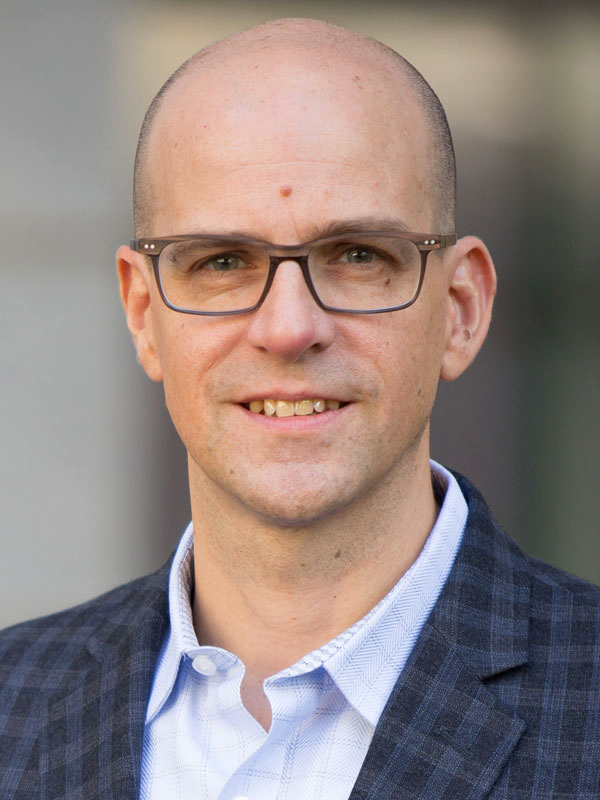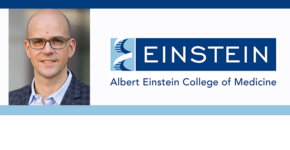 On Albert Einstein College of Medicine Week: How do we make process against leukemia?
On Albert Einstein College of Medicine Week: How do we make process against leukemia?
Ulrich Steidl, professor of cell biology, looks into a new drug treatment for fighting this cancer.
Dr. Ulrich Steidl is professor of cell biology and of medicine and the Diane and Arthur B. Belfer Faculty Scholar in Cancer Research at Albert Einstein College of Medicine. He is also associate Chair for translational research in oncology at Montefiore Health System. Dr. Steidl’s research focuses on identifying critical mechanisms that drive the development of deregulated stem cells known as leukemia stem cells. As part of his research on the stem cell origin of myeloid malignancies including myelodysplastic syndromes (MDS) and acute myeloid leukemia (AML), his laboratory has developed and refined unique experimental tools for functional and mechanistic studies including in transcriptional and epigenetic regulation and at the stem cell level, as well as novel approaches for their specific therapeutic targeting. Dr. Steidl has published his findings in prominent journals including Nature, Nature Medicine, Nature Immunology, Nature Chemical Biology, Science Translational Medicine, Cancer Cell, and others. Among his important contributions to the field are investigations and discoveries of cellular and molecular regulatory mechanisms in precancerous stem cells in MDS, AML, and myeloproliferative neoplasms (MPN).
His work has enabled several important discoveries that provide the basis for many current research directions and collaborations and has led to the launch of innovative clinical trials for the treatment of patients with hematologic malignancies.
Prior to joining Einstein’s faculty in 2008, Dr. Steidl worked as an instructor in medicine at Harvard Medical School following his research fellowship at Beth Israel Deaconess Medical Center and the Harvard Stem Cell Institute. He received his medical degree from the University of Heidelberg Medical School and German Cancer Research Center.
Leukemia
Acute myeloid leukemia, or AML, is a lethal cancer of the blood and bone marrow. Unfortunately, the survival rate has not significantly improved over the last four decades. Less than 20 percent of people diagnosed with AML survive for five or more years.
The disease is driven by leukemic stem cells. They develop abnormally, then multiply and generate more abnormal cells that displace healthy blood stem cells from bone marrow. These deadly leukemic stem cells do not usually respond to chemotherapy.
That’s why we’re searching for new AML treatment targets. We discovered one new target and found a matching experimental drug that showed promising results in an animal model. We tripled the median survival rate of mice with transplanted human leukemia cells. In addition to this striking response, the drug effectively cured about 40% of the treated mice.
This experimental drug targets two naturally-occurring proteins that interfere with another protein that normally suppresses tumors.
The findings have led to a clinical trial for patients with advanced AML. Physicians are testing the drug for safety, side effects, and how well the disease responds to the treatment.
